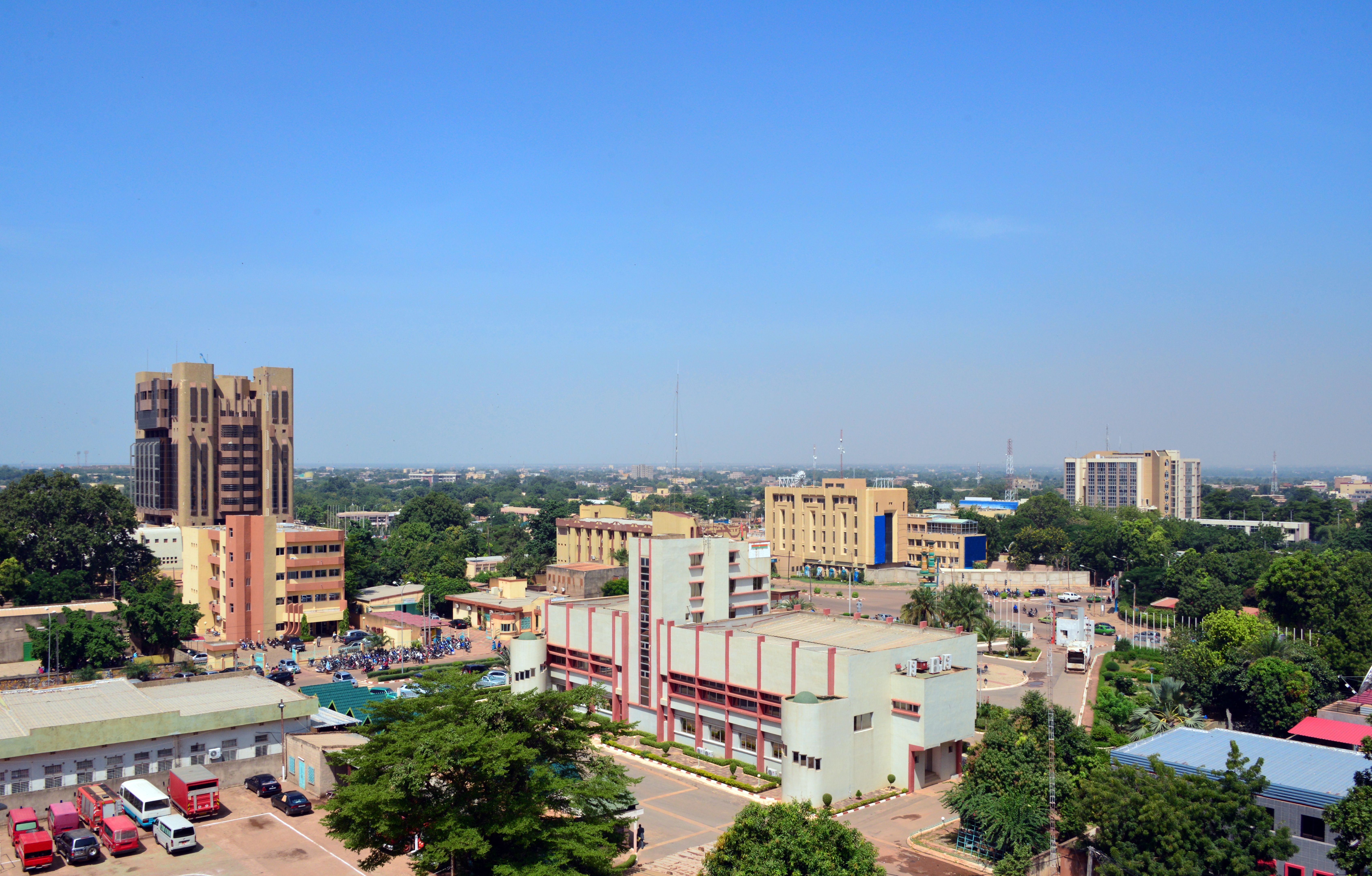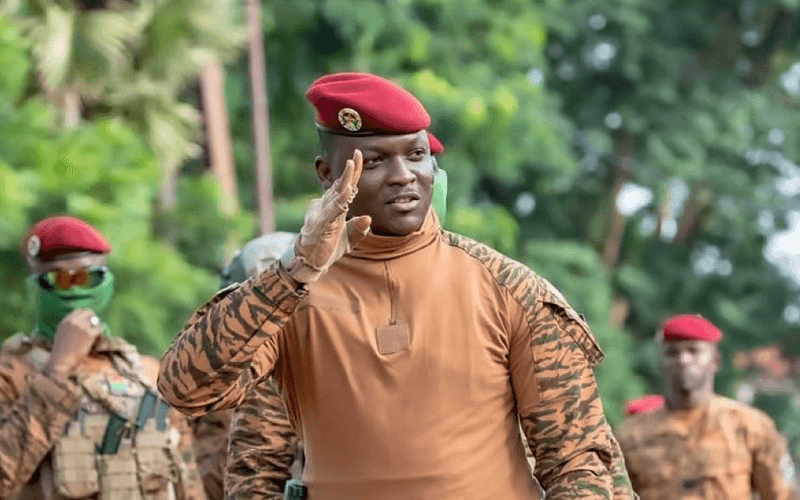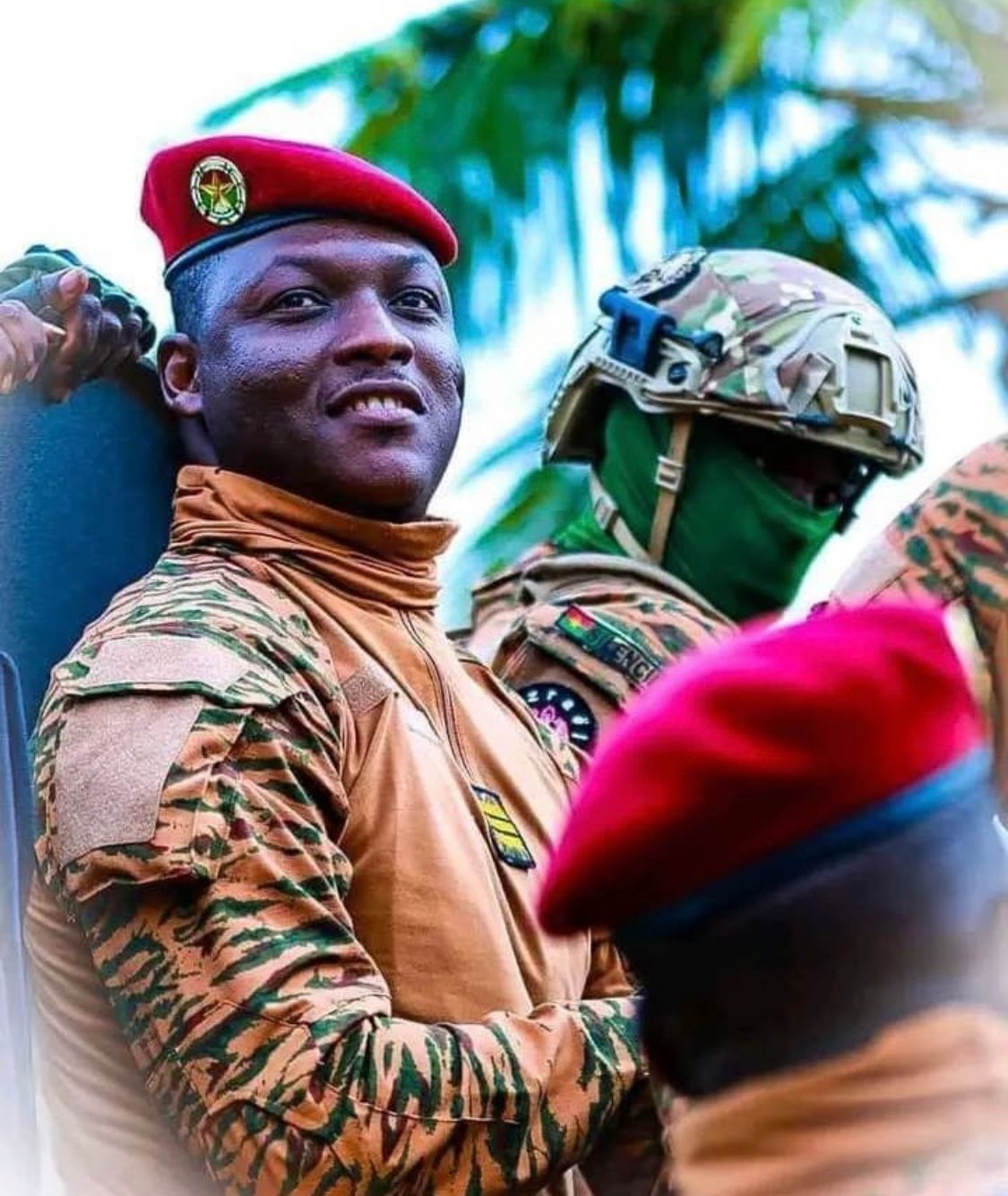Burkina Faso Cuts Ties with Rwanda: President Ibrahim Traoré's Bold Statement
Understanding the Break in Diplomatic Ties
Burkina Faso has recently made headlines with its decision to sever diplomatic relations with Rwanda. This unexpected move by President Ibrahim Traoré marks a significant shift in West African diplomacy. The decision has raised many questions about the underlying reasons and potential repercussions for both nations.
The announcement was made during a press conference where President Traoré emphasized the need for Burkina Faso to reevaluate its foreign relations. He stated that the decision was not taken lightly and was the result of careful consideration of national interests. This bold statement has left political analysts and citizens alike pondering the motivations behind such a drastic action.

Reasons Behind the Decision
While the exact reasons for cutting ties have not been officially detailed, several factors could have contributed to this decision. Some speculate that economic challenges and differing political ideologies may have played a significant role. Moreover, regional security concerns, particularly those involving militant groups in the Sahel region, might have influenced Burkina Faso's stance.
President Traoré highlighted that Burkina Faso seeks to align itself with partners who share similar goals and visions for development and security. This emphasis on mutual benefits suggests that recent diplomatic interactions with Rwanda may not have met Burkina Faso's expectations.

Potential Impact on Regional Relations
The decision to cut ties with Rwanda could have broader implications for regional relations in Africa. Both countries are members of various regional organizations, and their cooperation has historically contributed to regional stability. The severance of diplomatic relations might lead to a reconfiguration of alliances and partnerships within these organizations.
Neighboring countries and international observers will be closely watching how this development unfolds. There could be a ripple effect impacting economic collaborations, security arrangements, and multilateral agreements in West Africa and beyond.
Reactions from Rwanda and the International Community
Rwanda has expressed surprise at Burkina Faso's decision, with officials maintaining that they were not aware of any significant disputes that could lead to such an outcome. This response indicates a potential communication gap between the two nations that may have exacerbated the situation.
The international community has reacted with caution, urging both nations to engage in dialogue to resolve any underlying issues. Organizations like the African Union and the United Nations may play a role in mediating discussions to prevent further escalation.

The Path Forward
As Burkina Faso navigates this new diplomatic landscape, it remains to be seen how President Traoré's administration will foster new alliances while managing existing ones. The decision to cut ties could serve as a catalyst for Burkina Faso to strengthen its internal policies and seek partnerships that align more closely with its strategic objectives.
For Rwanda, this development may prompt a reassessment of its foreign policy strategies, particularly in relation to its engagements with other African nations. Both countries stand at a crossroads, with opportunities to redefine their roles within the continent's political sphere.
The coming months will be crucial in determining whether this diplomatic break will lead to positive transformations or further complications in regional dynamics. Observers and stakeholders will undoubtedly keep a close watch on any developments that arise from this significant geopolitical shift.